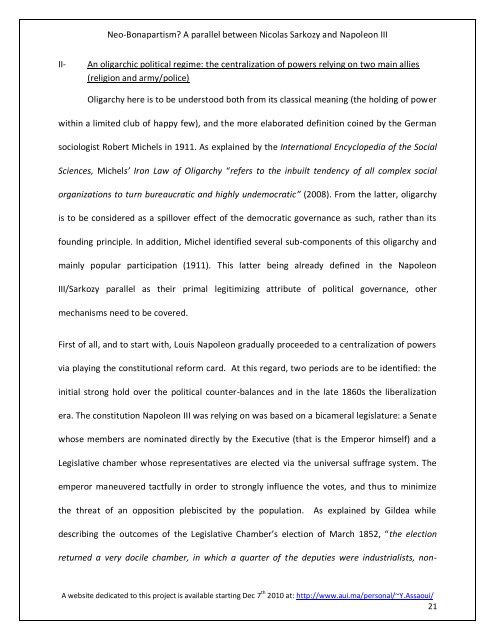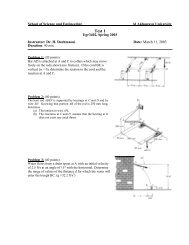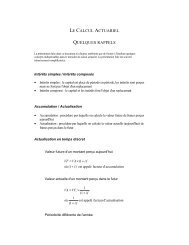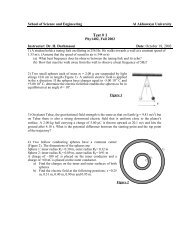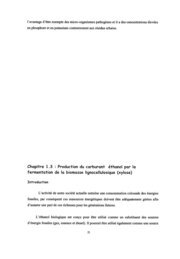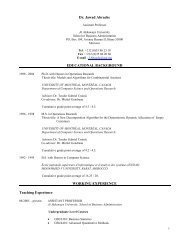Neo-Bonapartism? A parallel between Nicolas Sarkozy and ...
Neo-Bonapartism? A parallel between Nicolas Sarkozy and ...
Neo-Bonapartism? A parallel between Nicolas Sarkozy and ...
Create successful ePaper yourself
Turn your PDF publications into a flip-book with our unique Google optimized e-Paper software.
<strong>Neo</strong>-<strong>Bonapartism</strong>? A <strong>parallel</strong> <strong>between</strong> <strong>Nicolas</strong> <strong>Sarkozy</strong> <strong>and</strong> Napoleon III<br />
II- An oligarchic political regime: the centralization of powers relying on two main allies<br />
(religion <strong>and</strong> army/police)<br />
Oligarchy here is to be understood both from its classical meaning (the holding of power<br />
within a limited club of happy few), <strong>and</strong> the more elaborated definition coined by the German<br />
sociologist Robert Michels in 1911. As explained by the International Encyclopedia of the Social<br />
Sciences, Michels’ Iron Law of Oligarchy “refers to the inbuilt tendency of all complex social<br />
organizations to turn bureaucratic <strong>and</strong> highly undemocratic” (2008). From the latter, oligarchy<br />
is to be considered as a spillover effect of the democratic governance as such, rather than its<br />
founding principle. In addition, Michel identified several sub-components of this oligarchy <strong>and</strong><br />
mainly popular participation (1911). This latter being already defined in the Napoleon<br />
III/<strong>Sarkozy</strong> <strong>parallel</strong> as their primal legitimizing attribute of political governance, other<br />
mechanisms need to be covered.<br />
First of all, <strong>and</strong> to start with, Louis Napoleon gradually proceeded to a centralization of powers<br />
via playing the constitutional reform card. At this regard, two periods are to be identified: the<br />
initial strong hold over the political counter-balances <strong>and</strong> in the late 1860s the liberalization<br />
era. The constitution Napoleon III was relying on was based on a bicameral legislature: a Senate<br />
whose members are nominated directly by the Executive (that is the Emperor himself) <strong>and</strong> a<br />
Legislative chamber whose representatives are elected via the universal suffrage system. The<br />
emperor maneuvered tactfully in order to strongly influence the votes, <strong>and</strong> thus to minimize<br />
the threat of an opposition plebiscited by the population. As explained by Gildea while<br />
describing the outcomes of the Legislative Chamber’s election of March 1852, “the election<br />
returned a very docile chamber, in which a quarter of the deputies were industrialists, non-<br />
A website dedicated to this project is available starting Dec 7 th 2010 at: http://www.aui.ma/personal/~Y.Assaoui/<br />
21


